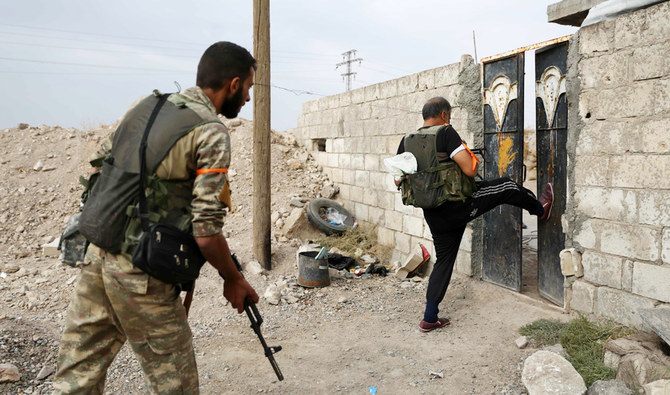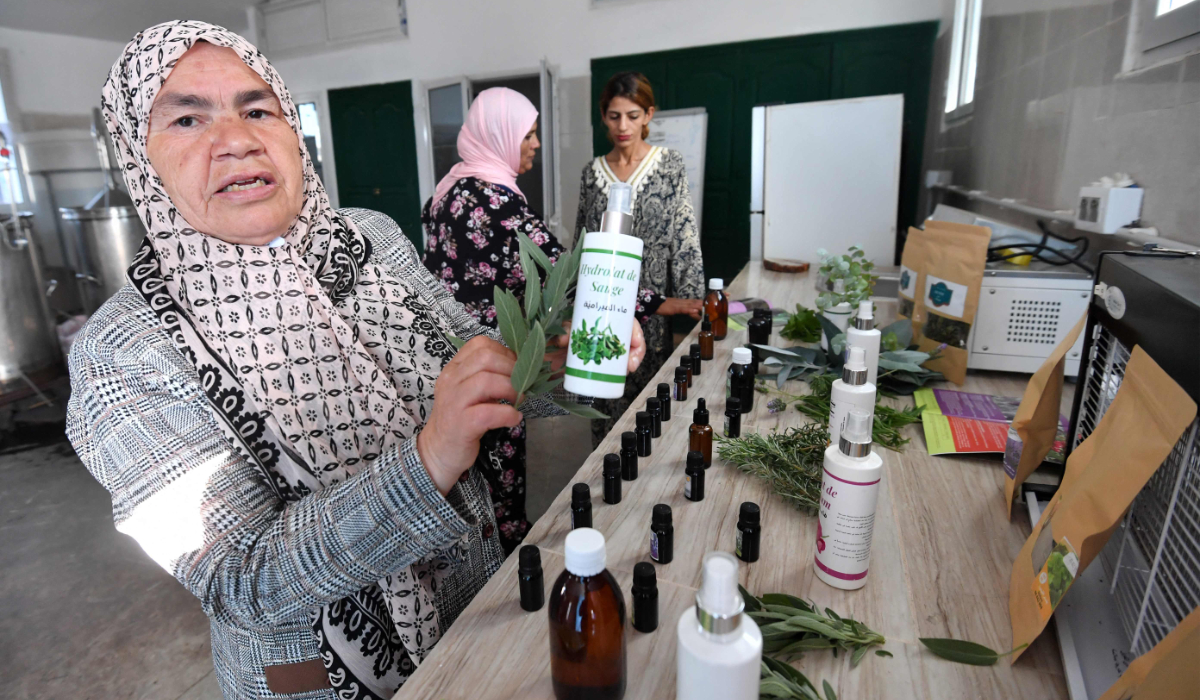ANKARA: A survey conducted by YADA Foundation, Kurdish Studies Center and Rawest Research Company reveals the growing alienation of the Kurdish youth in Turkey.
The survey, which was carried out with support of the British Embassy and the Heinrich Boll Stiftung, was conducted in Istanbul, Izmir, southern Mersin and Adana, southeastern Diyarbakir, Mardin, Sanliurfa and eastern Van provinces with more than 1,500 young people between 15 to 29 ages.
Kurdish youth appeared pessimistic, with a lower rate of happiness and life satisfaction compared to the rest of the society. Those who live in the western half of Turkey feel much more pessimistic due to the discrimination they face.
Besides supporting the national team, they feel strongly attached to Amedspor, the football team of Kurdish-majority Diyarbakir province, as a symbol of their identity.
Over half of Kurdish youth have been internally displaced in Turkey generally with their families whether in search of employment, fleeing fighting between the state and the outlawed Kurdistan Workers’ Party (PKK) and/or for education purposes.
Almost 70 percent of the Kurdish respondents say they have been subject to occasional or frequent discrimination because of their Kurdish identity. Those who are voters of the pro-Kurdish Peoples’ Democratic Party (HDP) experienced more discrimination than supporters of other political parties.
Some of the respondents said that they were prevented from renting a house when they were asked about their city of origin, or they couldn’t buy even a bottle of water when they attended an Amedspor match in a western province of the country.
In a similar pattern, players of Amedspor have been frequently exposed to harassment by rival fans, while the team’s Kurdish supporters were occasionally banned from attending matches.
Kurdish youth increasingly use Turkish in their daily communication with friends and family members after years of crackdown on cultural rights and after failed attempts to make Kurdish language as part of the educational system.
FASTFACT
Kurdish youth appeared pessimistic, with a lower rate of happiness and life satisfaction compared to the rest of the society.
Kurdish respondents say they cannot even dream in Kurdish.
According to another survey, only about 18 percent of the 600 young Kurds surveyed could speak, read and write in Kurdish.
Kurds make up about 20 percent of Turkey’s population of 82 million. But the survey found that only a third of Kurdish youth are employed, while a quarter are working as unskilled labourers and the rest are unemployed.
Their mother tongue is the top priority issue (38.4 percent) among Kurdish youth, followed by discrimination (24 percent), education (12.5 percent), unemployment (9.8 percent), freedom of speech (7.4 percent), injustice (5.5. percent) and identity (2.4 percent).
Regarding the failure of the short-lived “Kurdish peace talks” between the Turkish state and the PKK in 2015, Kurdish youth who are pro-HDP blame both their party and the PKK for the failed peace attempts, while 65 percent think that the infighting will never end.
The survey also found that the majority of Kurdish youth is inclined to de-radicalize while they consolidate their cultural identities as Kurds.
Roj Girasun, director of Diyarbakir-based Rawest Research, thinks that Kurdish youth is being de-radicalized because they are satisfied with the increased visibility of the HDP on the political arena as a legal actor.
“However, they mostly think that the current government is not able to resolve the decades-long Kurdish conflict in the country,” he told Arab News.
A new party looking to appeal to Kurdish conservative youth is launching soon, although the opposition claims it intends to divide Kurdish votes in Turkey.
The survey also found that, given the chance, the majority of Kurdish youth would emigrate to Western countries out of pessimism over both freedom of expression and employment.
While Twitter is a source of information for about 30 percent nationally, it increases to 44 percent among Kurdish youth.
“It shows that Kurdish youth feels disappointed by the mainstream media which doesn’t give enough space and visibility to their problems, and they refer to the alternative news channels to fill this gap,” Girasun said.
Although the use of Kurdish is on the decrease among Kurdish youth, they are still holding on to their political identity and demanding more cultural rights from the state authorities to keep their mother tongue alive because those living in the western provinces are increasingly forgetting their Kurdish.
Kurdish culture has generally been demonized over the years, with Kurdish language being categorized as “unknown language” in the judicial system.
“This atmosphere affects their romantic relationships. 44 percent of Kurdish respondents do not want to marry a Turkish girl. They are building very high walls around their Kurdishness vis-à-vis Turks,” Girasun said.
Apart from such social distancing, the restriction of academia and arts in Kurdish fuels disappointment among Kurdish youth. In July, Turkey’s Council of Higher Education banned students studying Kurdish language and literature at Turkish universities from writing their dissertations in Kurdish, and obliged all dissertations at Kurdish language departments to be written in Turkish.
In October, the Turkish authorities banned a play performed in Kurdish in Istanbul by the Nobel prize-winning Italian writer Dario Fo over the allegations of terror propaganda.
Turkish President Recep Tayyip Erdogan recently claimed that “Turkey has no Kurdish issue.”





























